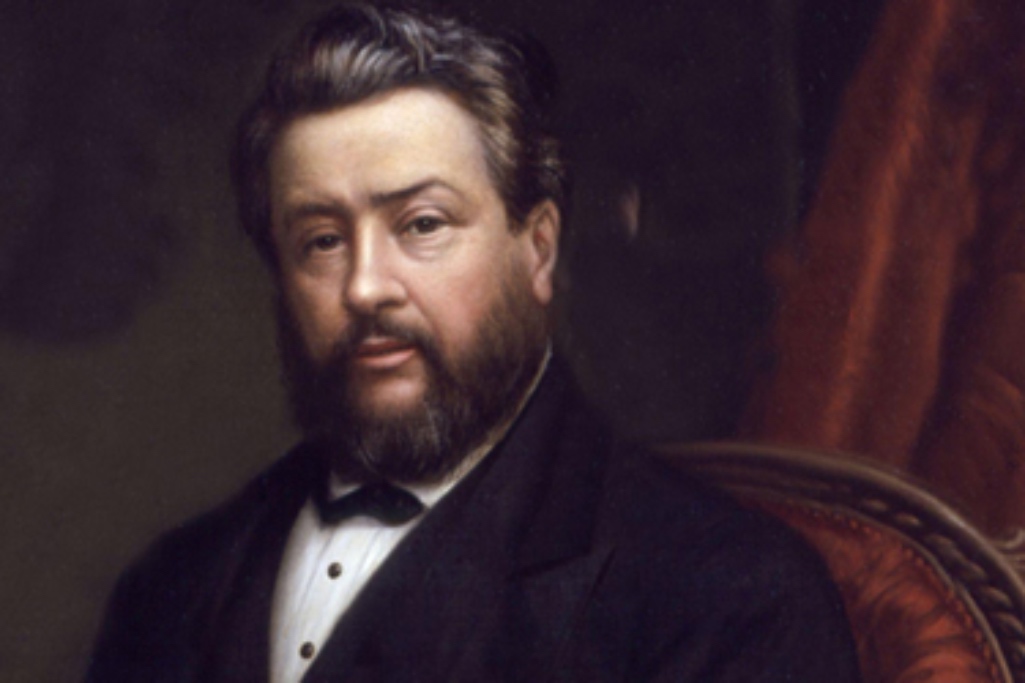
Charles Haddon Spurgeon
KANSAS CITY, Mo. – While working on his Ph.D. in London in the early 2010s, church historian Christian George had no idea he was about to stumble upon a goldmine of academic and spiritual material, let alone that it would all end up at a Baptist seminary in Kansas City.
It was a cold January day, more than 160 years earlier, when the 16-year-old Charles Haddon Spurgeon began preparing to write his first sermon for the congregation at St. Andrews Baptist Church in Cambridge, England. The year was 1851. In preparation for the pulpit, the young Spurgeon began to write his sermon outline on the pages of a small marble-colored notebook.
Throughout his early ministry, Spurgeon eventually filled up nine of these books. Within their pages, he wrote extensively on the Bible, theology and other notes which helped contribute to his preaching. While later in life Spurgeon intended to eventually publish these notes, he died before he could ever begin the project. It wasn’t until George discovered the manuscripts in the early 2010s, over 160 years later, that someone would attempt to revive this idea.
Speaking about the importance of George’s find, Spurgeon Library research assistant Aaron Day said, “They provide the missing link to Spurgeon’s early years.” Day explained how the notebooks help provide insight into how a young man from rural England became one of the most famous and prolific preachers of his day.
Geoff Chang, assistant professor of church history and historical theology and the curator of the Spurgeon Library at Midwestern Baptist Theological Seminary, noted how it took over 10 years for the entirety of Spurgeon’s journals to finally reach publication, the seventh and final volume being released September of this year.
“Christian began this project over a decade ago,” Chang said. “But over the past 10 years, the project has gone through many different hands.” After completing his Ph.D. at the University of St. Andrews in Scotland, and a stint as a professor at Oklahoma Baptist University, George went on to become the inaugural curator of the Spurgeon Library, and with him, his desire to complete the publication of Spurgeon’s notebooks.
“During George’s time at Midwestern,” Chang said, “he went on to complete the first three volumes of the series.” The fourth volume was completed by Midwestern Seminary Provost Jason Duesing.
Volumes five and six were completed by Chang himself, and the final volume, finished in September of this year, was a collaborative effort between Duesing, Chang, and Ph.D. student Philip Ort.
All seven volumes were titled The Lost Sermons of C.H. Spurgeon and were published by the B&H Academic division of Lifeway Christian Resources of the Southern Baptist Convention.
The process to get Spurgeon’s original notes to publication was both meticulous and time-consuming. “It was a massive amount of work,” Day said. From taking physical pictures of every page, transcribing thousands of almost illegible notes, to tracking down every un-cited Scripture passage, Day estimates that thousands of hours went into this project.
Though these volumes were just recently published, both Day and Chang agree that they will be important to the future of Spurgeon scholarship. Speaking about his personal experience working on the project, Day explained how he gained greater respect and admiration for Charles Spurgeon: “I see him as an older brother I can hardly wait to meet!”
(EDITOR’S NOTE – Ryan Biller writes for The Pathway, the news journal for Missouri Baptists.)

